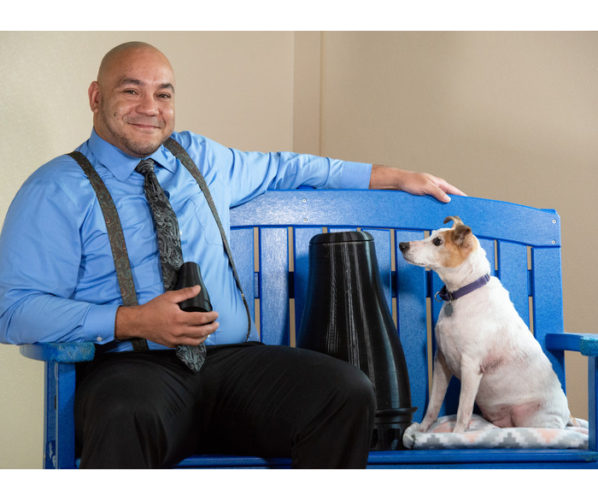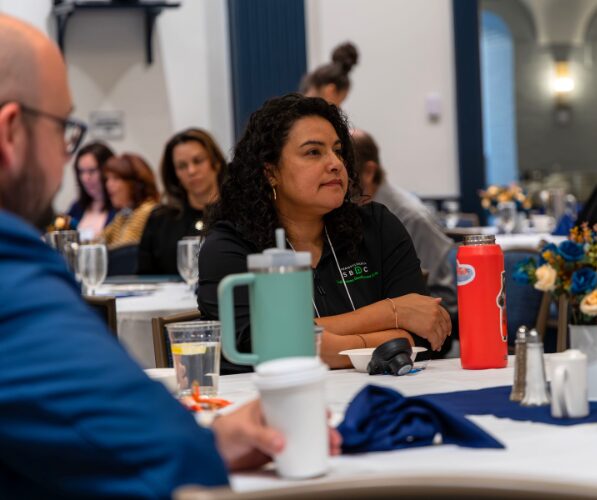Success Story
“It would be impossible for me to take an idea like this and get to where I’m at without the networking, technology, and expertise I’ve found across Penn State.”
Jobe Matula
The LiveFirst Company founder and Penn State student
Pet Proof Trashcan Protects Pets from Poisoning, Protects Homes from Mess
This is an excerpt from the Penn State News story “A Summer to Venture.” To read the full story and learn more about Penn State startups, Summer Founders Programs and the entrepreneurial ecosystem at Penn State click here.
For some Penn Staters, entrepreneurship has been a lifelong endeavor. Jobe Matula—an adult learner studying marketing through Penn State World Campus—has been a small business owner in his hometown of Johnstown, Pennsylvania, since his early twenties. But when he had the idea for PawProof™, a pet-proof trash can, Matula knew he needed help taking his idea from concept to reality.
Matula started at the Altoona LaunchBox supported by the Hite Family, where he received advice from experts on production, fabrication, and turning the PawProof™ startup into a viable business. After perfecting his pitch with help from the Ben Franklin TechCelerator, Matula applied and was accepted into the Summer Founders Program.
“It started out as just an idea for how to keep my cat from getting into our trash,” Matula said. “Thanks to the Summer Founders Program, I was able to spend my summer focusing on growing that idea into a prototype and a business.”
By using an inverted design that is smaller at the top and wider at the bottom, Matula says his PawProof™ trash can is sturdier than standard products currently on the market.
“In my initial research, I found that there was no 100 percent pet-proof trash can currently available,” Matula said. “Poisoning from household trash is a serious danger to our pets, so I wanted to create a product that would be safe, easy to use, and easy to clean.”
One of Matula’s first steps as part of the program was further researching customer needs and testing his design with a series of 3D-printed, desktop-sized prototypes. From there, he worked with legal resources provided through Penn State Law to apply for a provisional patent application.
“Having guidance from experts like Lee Erickson and access to a huge network of Penn State connections proved invaluable during my experience,” Matula said. “I can’t express enough how helpful it was to have free legal resources like the Intellectual Property Law Clinic and the Entrepreneur Assistance Law Clinic.”
Matula’s journey didn’t end when the program came to a close in August—using the lessons and skills he’s learned, Matula is continuing to advance development on his product, working with both the Bernard M. Gordon Learning Factory to revise the design and faculty members at Penn State Behrend to create a full-sized 3D-printed prototype.
To help raise the funds, Matula is competing this spring in the Inc.U competition, a Penn Technical Assistance Program competition partially funded by a five-year grant from the U.S. Economic Development Administration (USEDA) in partnership with WPSU, where teams compete head-to-head for a cut of the $30,000 prize pool on the shark tank style TV show “The Investment.”
“What amazes me is how many resources Penn State offers for entrepreneurs in the community,” Matula said. “It would be impossible for me to take an idea like this and get to where I’m at without the networking, technology, and expertise I’ve found across Penn State.”






